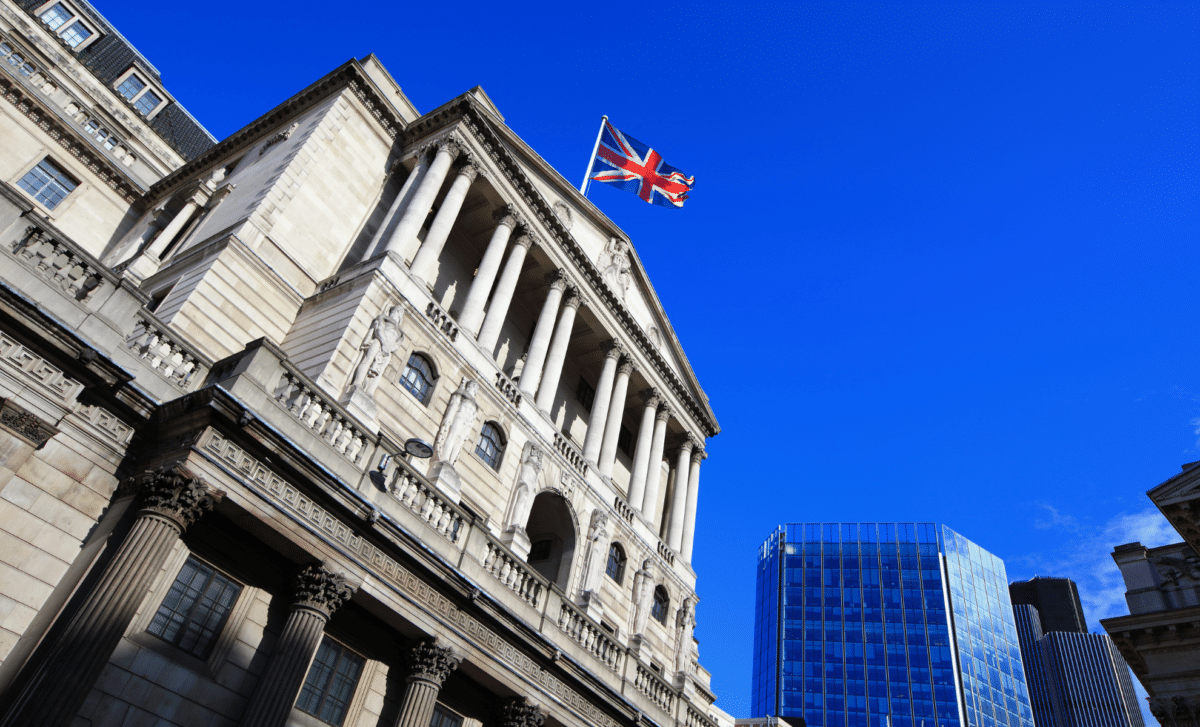Policymakers at the Bank of England kept interest rates on hold at 5.25% for the fifth consecutive time, despite a fall in inflation.
The Bank of England Keeps Interest Rates Steady as UK Inflation Hits Lowest Level
According to data released on Wednesday, inflation dropped to 3.4% in February from 4% in January. This is the lowest level of inflation since September 2021, when it was 3.1%.
The encouraging news from Wednesday came before the Bank of England’s most recent interest rate decision, which was made at midday on Thursday and resulted in a 5.25 percent rate stay.
Governor Andrew Bailey of the Bank of England announced his decision by saying, “In recent weeks, we’ve seen further encouraging signs that inflation is coming down.”
“We’ve held rates again today at 5.25% because we need to be sure that inflation will fall back to our 2% target and stay there.
“We’re not yet at the point where we can cut interest rates, but things are moving in the right direction.”
The MPC predicted that economic growth would rise in the 2nd quarter of the year after national output, calculated by GDP, fell in the second half of 2023, plunging the UK into recession.
Businesses are on track for greater investment levels, and higher disposable incomes are likely to boost demand for products and services.
Higher growth would ordinarily put pressure on prices, but the government’s fuel duty freeze, combined with recent drops in the price of food and energy, is projected to keep inflation under two percent in the second quarter.
Martin Beck, the EY Item Club’s chief economic adviser, stated that the MPC was concerned about “stickiness in private sector pay growth and services inflation, as well as a tight jobs market,” but that the argument for reductions in rates remained strong.
“Lower energy costs suggest that inflation will fall below the Bank of England’s 2% target in April and remain sub-target for the remainder of the year. And more recent measures of wage increase relative to the usual year-on-year measure have already decreased to a rate compatible with the 2% target,” he argued.
The Bank of England Holds Interest Rates Amid Wage Growth and Inflation Concerns
The MPC voted to freeze interest rates for the sixth time in a row, citing significant wage increases and continuing inflation in the services sector as reasons for delaying its first move to reduce borrowing costs.
The Bank stated that an escalation in the Middle East war constituted a significant risk to pricing, with assaults on shipping in the region highlighting the vulnerability of UK imports and exports.
In a letter to Chancellor Jeremy Hunt explaining why inflation remained above 3%, Andrew Bailey highlighted that the rate’s drop was still being driven by “an easing in external cost pressures,” while domestic inflation pressures remained persistent.
According to a report released by the central bank’s regional agents, firms are finding it easier to hire employees, and compensation demands have moderated.
It stated, “Recruitment continues to become easier for most [employers].” As the employment market has loosened, several businesses have begun to shift away from labour hoarding.”
However, pay remained high, and there was little evidence that wage growth would decline further than the Bank expected in its February economic health check.









